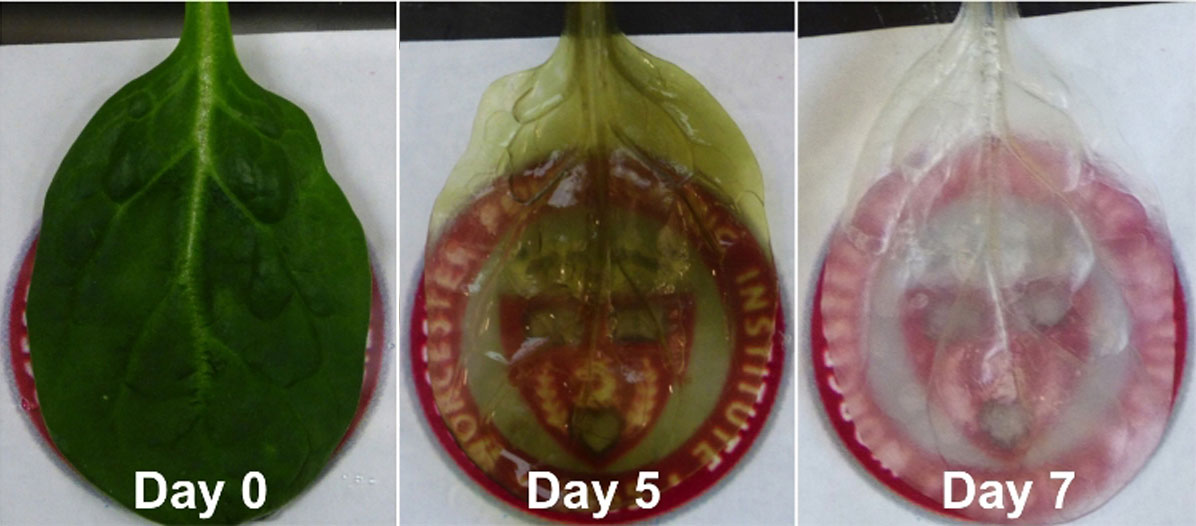Whenever Popeye was in trouble, he’d always reach for his can of spinach that would give him the strength to punch Bluto’s lights out.
While spinach won’t really transform a normal human being into a massive hulk, it actually achieves an effect similar to that on Popeye when it comes to solar panels.
 A team of researchers from Vanderbilt University in Tennessee published results from their study which showed that a protein found in spinach known as PS1 was actually pretty efficient in converting light to energy.
A team of researchers from Vanderbilt University in Tennessee published results from their study which showed that a protein found in spinach known as PS1 was actually pretty efficient in converting light to energy.
They recommended that this protein be combined with the silicon used in creating solar panels to come up with a more efficient system. This discovery was first reported forty years ago, but no one really did anything about it – until now.
When the researchers built the biohybrid cells and put them to the test, they discovered that it was up to 2.5 times more efficient than cells without the protein.
Professor David Cliffel explained: “People are trying to get around limitations in semi-conductors with fancy, multi-element devices. But molecular biology is a better known game than these complicated multi-element inorganics. Our components are also non-toxic [and] they literally grow on trees.”
Now who would’ve thought that spinach was indeed this powerful?
[via BusinessGreen via Softpedia]



 In the future, you might not have to resort to exotic materials to create heart cells -- you could just raid your grocery store's produce section. Scientists have invented a process that turns spinach leaves into farms for functioning human heart cel...
In the future, you might not have to resort to exotic materials to create heart cells -- you could just raid your grocery store's produce section. Scientists have invented a process that turns spinach leaves into farms for functioning human heart cel...
 In the future, you might not have to resort to exotic materials to create heart cells -- you could just raid your grocery store's produce section. Scientists have invented a process that turns spinach leaves into farms for functioning human heart cel...
In the future, you might not have to resort to exotic materials to create heart cells -- you could just raid your grocery store's produce section. Scientists have invented a process that turns spinach leaves into farms for functioning human heart cel...

 Today on In Case You Missed It: Researchers from the University of Tokyo devised a better air cooling system for robots that is modeled on their as-yet-overlords, sweaty humans. The 3D-printed bones have spaces for tiny pores, allowing Kengoro to d...
Today on In Case You Missed It: Researchers from the University of Tokyo devised a better air cooling system for robots that is modeled on their as-yet-overlords, sweaty humans. The 3D-printed bones have spaces for tiny pores, allowing Kengoro to d...


 A team of researchers from Vanderbilt University in Tennessee published results from their study which showed that a protein found in spinach known as PS1 was actually pretty efficient in converting light to energy.
A team of researchers from Vanderbilt University in Tennessee published results from their study which showed that a protein found in spinach known as PS1 was actually pretty efficient in converting light to energy.
